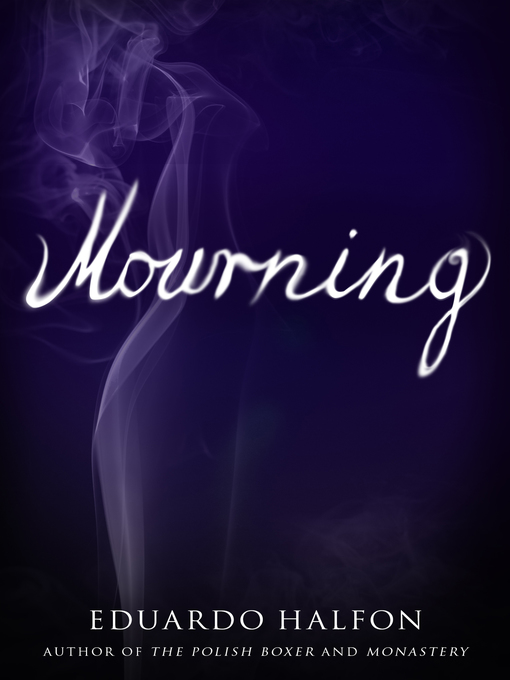The nomadic odyssey of Eduardo Halfon continues as he searches for his roots through tangled childhood memories of a haunting family tragedy
International Latino Book Award Winner * Edward Lewis Wallant Award Winner
In Mourning, Eduardo Halfon's eponymous wanderer travels to Poland, Italy, the U.S., and the Guatemalan countryside in search of secrets he can barely name. He follows memory's strands back to his maternal roots in Jewish Poland and to the contradictory, forbidden stories of his father's Lebanese-Jewish immigrant family, specifically surrounding the long-ago childhood death by drowning of his uncle Salomón. But what, or who, really killed Salomón? As he goes deeper, he realizes that the truth lies buried in his own past, in the brutal Guatemala of the 1970s and his subsequent exile to the American South.
Mourning is a subtle and stirring reflection on the formative and destructive power of family mythology, silence, and loss.



